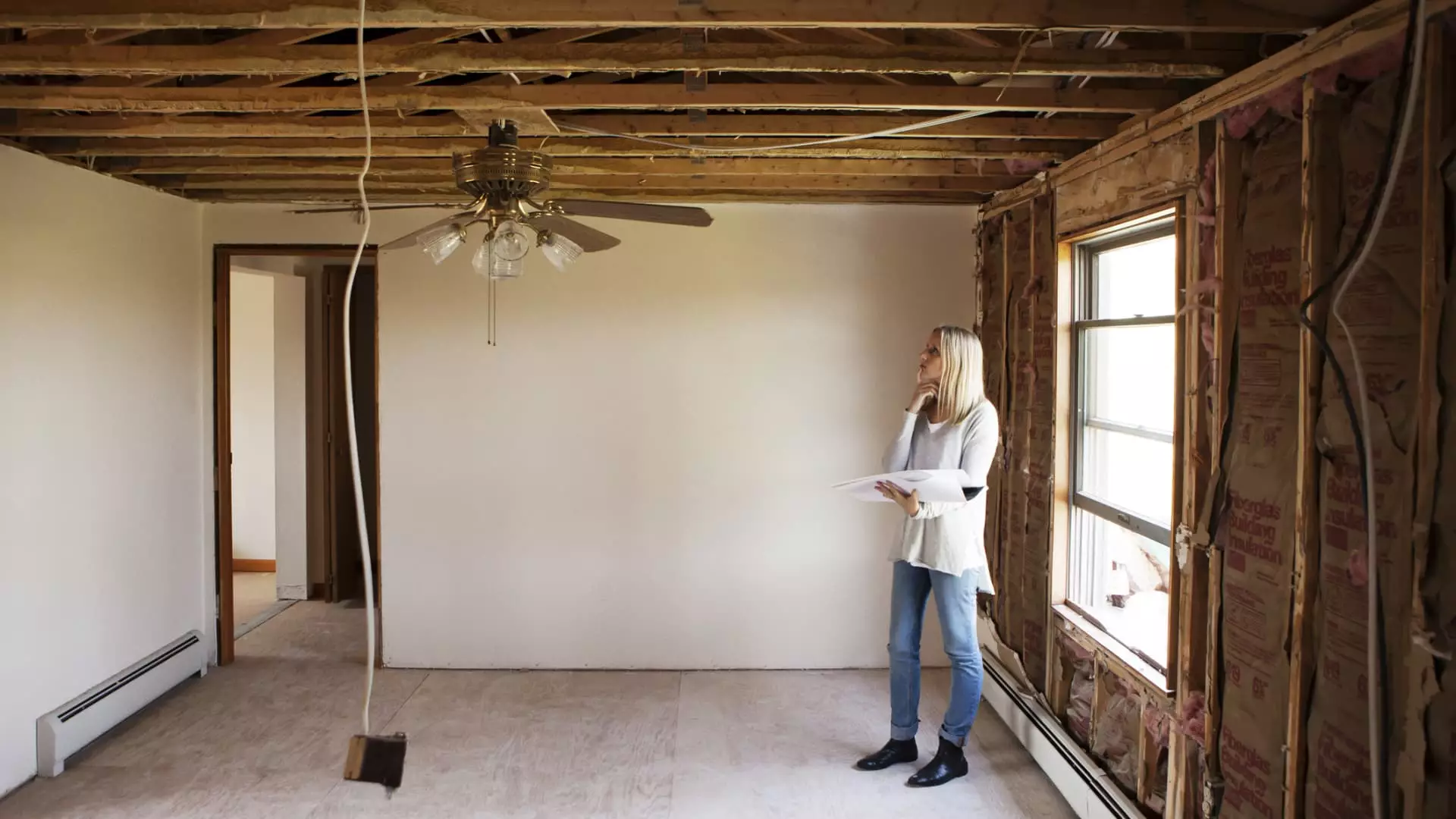When considering purchasing a fixer-upper home, Gen Zers need to be aware of the financial and structural challenges that come with it. While the initial cost of a fixer-upper may be lower than that of a move-in ready home, the long-term expenses of renovation and repairs can add up significantly. Many first-time buyers underestimate the true costs of homeownership and find themselves overwhelmed by the renovations needed. This can lead to regrets down the line, as seen in the Clever Real Estate report.
Some Gen Z buyers are willing to take on significant risks when purchasing a fixer-upper, including properties with asbestos or other hazardous materials. This willingness to compromise on safety and livability in exchange for affordability can have serious consequences for the health and well-being of the homeowners. It is crucial for buyers to carefully assess the condition of the property and prioritize their safety above all else.
Key Considerations for Buying a Fixer-Upper Home
Before diving into a fixer-upper project, it is important for Gen Zers to ask thorough questions and conduct a comprehensive inspection of the property. Key areas to pay attention to include the roof, plumbing, electricity, walls and stairs, and overall land. Understanding the condition of these essential components can help buyers avoid unexpected expenses and ensure the safety and functionality of the home.
The trend of investing in home renovation projects is on the rise, with an increasing number of homeowners choosing to upgrade their properties. While cash remains the most common way to fund renovation projects, more homeowners are turning to credit cards as a source of financing. This shift highlights the growing interest in improving and updating existing homes rather than purchasing new ones.
While fixer-upper homes may seem like a cost-effective option for Gen Z buyers, they come with significant risks and challenges that should not be overlooked. It is essential for potential buyers to carefully weigh the financial and structural burdens of renovating a property and to prioritize safety and functionality above all else. By being thorough in their assessment and understanding the implications of purchasing a fixer-upper, Gen Zers can make informed decisions that lead to a successful homeownership experience.

